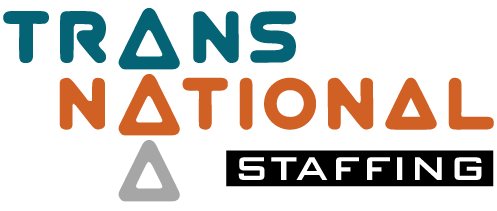
As an HR professional, I have concerns about an employee’s performance; what should I do?
December 21, 2023
What is COBRA Continuation Coverage Insurance when being let go or leaving a job?
January 5, 2024We are not legal experts, and state employment laws can change, so it's essential to consult with a legal professional or the Michigan Department of Labor and Economic Opportunity for the most up-to-date and accurate information.
We can, however, provide some general information about the most common payouts that we know of that may be associated with termination in Michigan:
Final Wages:
-
- In Michigan, an employer must pay an employee's final wages promptly. This includes any earned but unpaid wages up to the date of termination.
Accrued Vacation Pay:
-
- If your employer has a policy or practice of providing paid vacation time, any accrued and unused vacation pay may be required to be paid upon termination. Michigan law does not explicitly require employers to offer paid vacation, but if they do, they may need to follow their policies regarding payout.
Severance Pay:
-
- Michigan does not have laws mandating severance pay. Whether or not you receive severance pay upon termination typically depends on your employment contract, company policies, or negotiations between you and your employer.
Unemployment Benefits:
-
- If you are terminated, you may be eligible to apply for unemployment benefits. Unemployment benefits provide temporary financial assistance to individuals who are unemployed through no fault of their own.
COBRA Continuation Coverage:
-
- If your employer provides health insurance, you may have the option to continue coverage through the Consolidated Omnibus Budget Reconciliation Act (COBRA) after termination. However, you may be responsible for the total premium cost.
It's crucial to review your employment contract, employee handbook, or any other relevant documents outlining employment and termination terms. If you believe your termination was unfair or unlawful, consult an employment attorney to understand your rights and options.
Again, for the most accurate and current information, consulting with a legal professional or the Michigan Department of Labor and Economic Opportunity is advisable.




